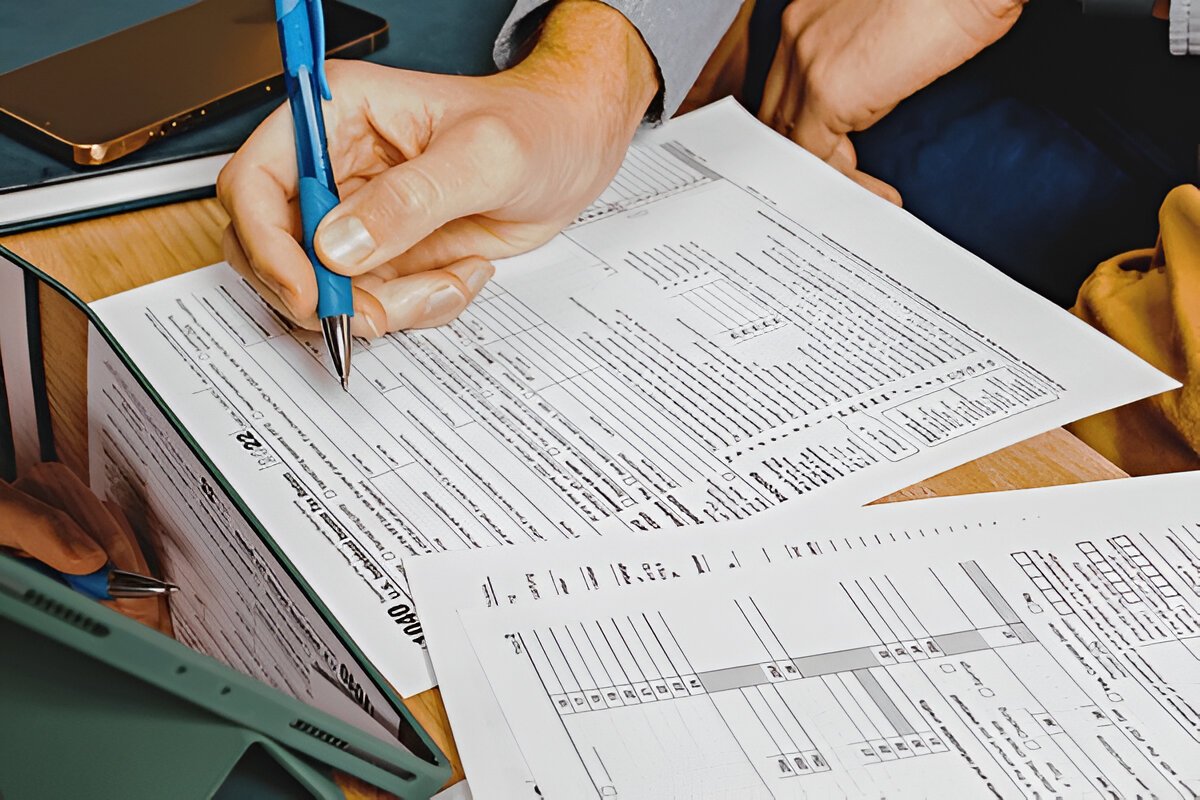Pakistan’s Federal Budget 2025-26 introduces a significant shift in the nation’s economic landscape. The government is aggressively pursuing tax base broadening and formalizing the economy. This budget establishes a sharp divide between compliant taxpayers, known as “filers,” and those outside the tax net, labeled “non-filers.” This move reflects a determined effort to enforce fiscal discipline. The Filer & Non-Filer Pakistan Budget clearly outlines stringent new measures for non-filers while offering some incentives for compliant citizens. This strategy aims to bring millions into the formal tax system, ensuring a fairer contribution to national development.
Non-Filer Restrictions in Pakistan Budget 2025-26
The government has implemented a series of severe financial restrictions. These measures directly aim to compel non-filers into tax compliance. Non-filers will now find their ability to conduct major financial transactions significantly curtailed.
- Complete Ban on Key Transactions: Non-filers will face an outright ban on:
- Purchasing motor vehicles: This restriction includes cars, motorcycles, and commercial vehicles. Authorities will not register transfers for ineligible individuals.
- Buying immovable property: Non-filers cannot purchase or register plots, houses, or commercial real estate. Property registrars are prohibited from processing such applications from non-compliant persons.
- Investing in securities: This ban extends to stocks, bonds, and mutual funds.
- Opening new bank accounts: Except for basic “Asaan” or pensioner accounts, non-filers cannot open new bank accounts. Furthermore, FBR Commissioner has authority under Section 14AC to bar operations of existing bank accounts belonging to unregistered or non-compliant individuals.
- Higher Withholding Taxes and Levies: Non-filers will continue to bear a heavier tax burden.
- Cash Withdrawals: Advance tax on cash withdrawals for non-filers increased from 0.6% to 1%. This encourages digital transactions.
- Freelancers & Digital Payments: A 2% withholding tax applies to the gross value of supplies from persons selling digitally ordered goods through online marketplaces. This impacts non-compliant online businesses.
- Property Transactions: Non-filers still pay significantly higher withholding tax rates on property transactions, despite reductions for filers.
- Dividend Tax: The dividend tax rate for non-filers stands at 25%, higher than the 15% for filers.
- Profit on Debt: The tax rate on profit on debt for non-filers is now 20%.
- Penalties and Enforcement: The FBR has gained enhanced powers. Authorities can freeze assets, seize movable property, and seal business premises for serious sales tax violations. Fines for businesses offering unreported cash discounts to non-filers may increase tenfold, from Rs. 500,000 to Rs. 5 million.
Benefits for Filers in Budget 2025-26
In sharp contrast to restrictions for non-filers, the Filer Non-Filer Pakistan Budget offers incentives for compliant taxpayers. Filers enjoy various reliefs and easier access to financial services, rewarding their adherence to tax laws.
- Tax Relief for Salaried Class: The budget proposes significant income tax relief for salaried individuals. For annual incomes between Rs. 600,000 and Rs. 1.2 million, the tax rate reduced from 5% to 1%. Those earning up to Rs. 2.2 million annually see their rate cut from 15% to 11%. Additionally, for incomes up to Rs. 3.2 million, the rate drops from 25% to 23%. A 1% surcharge reduction for high earners also aims to curb brain drain.
- Property Buying Incentives: Filers benefit from reduced withholding taxes on property purchases. Rates are down across slabs: from 4% to 2.5% (first slab), 3.5% to 2% (second slab), and 3% to 1.5% (third slab). Furthermore, the 7% Federal Excise Duty (FED) on property transfers is completely removed. Stamp duty in Islamabad also reduced from 4% to 1%. A tax credit for first-time homebuyers investing in smaller properties also promotes formal documentation.
- Easier Access to Financial Services: Filers face no restrictions on opening bank accounts, purchasing property or vehicles, or investing in securities. They also benefit from lower dividend tax rates (15% vs. 25% for non-filers).
Filer & Non-Filer Budget: Why the New Policies?
These stringent measures stem from several critical imperatives. Pakistan faces immense pressure from the IMF to expand its tax base. The government set an ambitious revenue target of Rs. 14.131 trillion for FY 2025-26. This necessitates bringing millions into the tax net, as only around 5.4 million income tax filers exist from over 70 million eligible taxpayers. Ultimately, the goal is to formalize Pakistan’s large undocumented economy and curb black money circulation, especially in sectors like real estate.
Navigating the Filer & Non-Filer Pakistan Budget Changes
Given the severe implications, non-filers must regularize their tax status promptly. They should file income tax returns immediately, typically by September 30th for individuals. Submitting wealth statements is mandatory for property or vehicle purchases. Additionally, adopting digital payments is advisable to avoid the increased 1% cash withdrawal tax and potential cash transaction restrictions. Compliant businesses are also discouraged from making cash sales over Rs. 200,000.
The Path Forward
This budget for FY 2025-26 draws a sharp line. The era of benefiting from major financial activities while remaining outside the tax net is ending. Non-filers now face a financial lockdown. They cannot purchase high-value assets or conduct major financial transactions. In contrast, filers receive targeted tax relief and unhindered access to financial services. This budget highlights a determined governmental effort to formalize the economy and broaden the tax base. Ultimately, it ensures all eligible citizens contribute their fair share to national development, reducing the burden on compliant taxpayers.
For more news and updates, please visit PFM Today.















